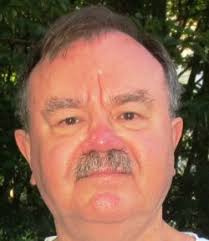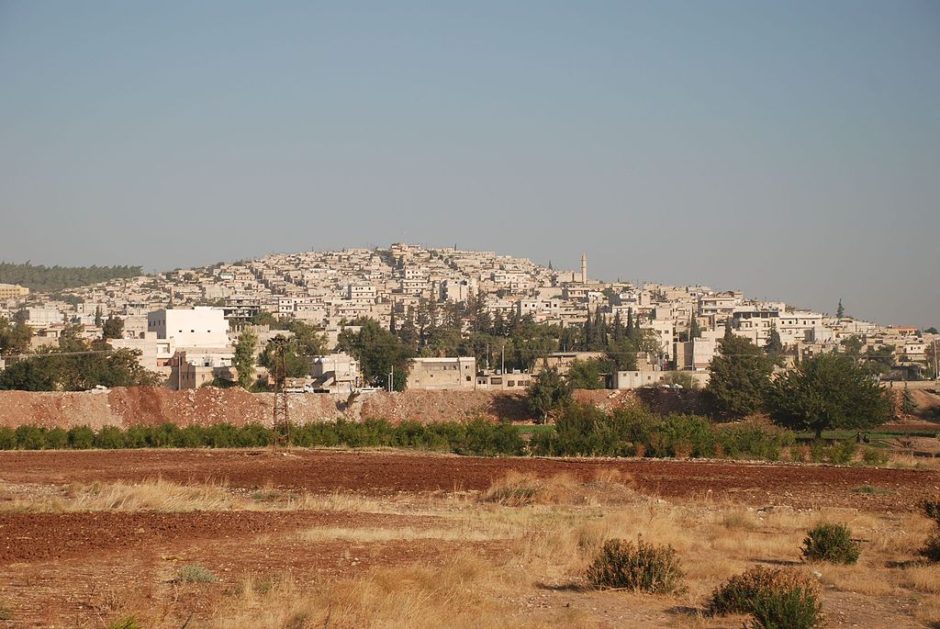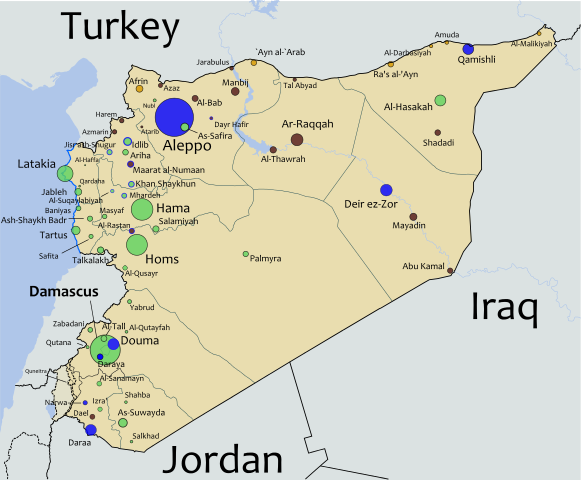
Turkey’s recent incursion into Kurdish-held areas along its border with Syria puts it further at odds with the other players in the Syrian civil war.
Beginning with air strikes on January 20, Ankara announced that the campaign, “Olive Branch,” had been launched, targeting the Syrian Kurdish People’s Protection Units (YPG) and Islamic State (IS) jihadists. The YPG is part of the American-supported Syrian Democratic Forces (SDF).
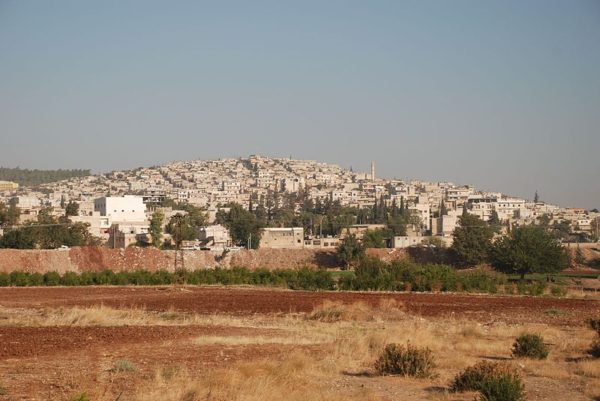
The operation is concentrating on an area of northwestern Syria under YPG control that includes the cities of Afrin and Manbij. It is intended to create a security zone about 18 miles deep inside Syria.
Turkey believes the YPG has links to the banned Kurdistan Workers Party (PKK) that operates inside Turkey, and which it considers a terrorist group. The PKK has waged an insurgency against the Turkish government for decades.
The current campaign inside Syria was prompted by Washington’s plan to help the SDF alliance create a 30,000-strong border security force along Syria’s borders with Iraq and Turkey and prevent the return of IS.
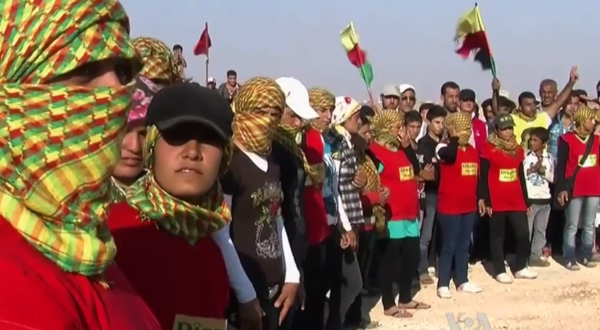
The move is opposed by Iran, Russia, Syria, and, especially, Turkey, whose president, Recep Tayyip Erdogan, has called the force a “terror army.”
Last May, Erdogan sharply criticized the Trump administration over its decision to arm the YPG militias in the battle against IS. “I want to believe that Turkey’s allies will side with us, not with terrorist organizations,” he stated at the time.
The attack has placed both the U.S. and Russia in a difficult position. Russian Foreign Minister Sergei Lavrov and American Secretary of State Rex Tillerson have been in contact to discuss “measures to take aimed at securing stability in the north of the country.”
Unlike the U.S., Moscow is a key ally of Syrian President Bashar al-Assad — but also wants to remain on good terms with Turkey. Until now, it has had a contingent of soldiers at the airport in the centre of Afrin.
Syrian President Bashar al-Assad denounced what he called “Turkish brutal aggression on the Syrian city of Afrin.”
All this comes against the backdrop of political jockeying by the countries involved in Syria’s civil war to find a political solution to end the conflict.
Moscow has been preparing to host a Syrian National Dialogue Congress, set for January 29-30 in Sochi. It hopes to broker peace between the Syrian regime and its opposition while appeasing major stakeholders, including various Syrian groups.
As Irina Tsukerman noted in a January 11 article for the Begin-Sadat Center for Strategic Studies in Israel: “Russia is successfully building a relationship with the Syrian Kurds and assuming a protectorate over them, even as Turkey seeks to isolate the YPG and deny the Kurds legitimacy in their struggle for autonomy.”
Turkey claims to have received guarantees last December that the U.S.-backed Syrian Kurds would not attend scheduled talks in Sochi. It protested continued American support for the YPG on January 10 and seeks to pressure Washington to block their participation in the political process.
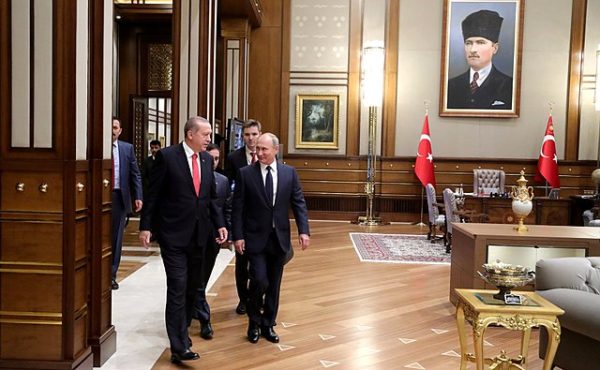
A day later, Erdogan also called Russian President Vladimir Putin to make his position clear.
So though Russia and Turkey are working together to end the conflict in Syria, they are still at cross-purposes over the Kurdish question.
Their tactical alliance remains fragile because, as Ankara-based journalist Burak Bekdil, a fellow at the Middle East Forum in Philadelphia, maintains, “Russia’s ambiguous position on a future ‘Kurdish belt’ in northern Syria touches raw nerves in Ankara, as any Kurdish entity to Turkey’s south remains a top security threat for Erdogan.”

Meanwhile, on January 17, Tillerson announced that a small U.S. presence of some 2,000 troops will remain in Syria indefinitely. With Russia, Iran and Turkey all massively involved in the country, it’s hard to see what good that would do.
Henry Srebrnik is a professor of political science at the University of Prince Edward Island.
